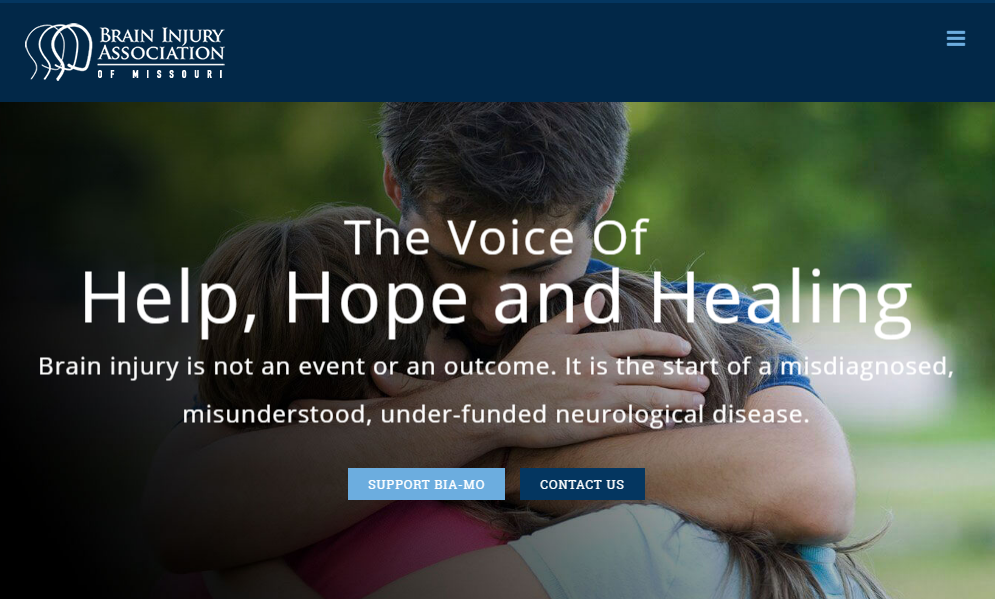#BeBold4GP Highlights Gastroparesis Awareness Month

By Melissa Adams VanHouten, Gastroparesis Advocate
August is national Gastroparesis Awareness Month! We encourage medical professionals, patient groups, family and friends, and the general public to help educate others about this life-altering chronic illness and its potentially debilitating effects on patients and their loved ones.
What is Gastroparesis?
Gastroparesis, or “paralysis of the stomach,” is a gastrointestinal motility disorder in which the stomach muscles fail to contract and move food through from the stomach to the intestines at the proper rate. It is marked by symptoms such as nausea, vomiting, GERD (or acid reflux), early satiety, and stomach/abdominal pain. The condition can lead to potentially serious complications such as extreme weight fluctuations and erratic blood sugars, chronic fatigue, esophageal damage, blockages of the digestive tract, dehydration, and malnutrition.
Common Causes
The most common known cause of gastroparesis is diabetes, which accounts for about one-third of the cases. Other known causes include neurologic disorders, such as multiple sclerosis and Parkinson’s disease, connective tissue disorders, complications resulting from surgeries, and direct damage to the vagus nerve (which controls the stomach muscles). Most cases of gastroparesis, however, are labeled “idiopathic,” meaning that there is no known cause.
Diagnosis
Gastroparesis is generally diagnosed by the Gastric Emptying Study (GES), a procedure in which a small amount of radioactive material (added to a small meal) is traced through the digestive tract to determine the rate at which food travels from the stomach to the small intestine. Other methods of diagnosis include upper endoscopy, barium x-rays, gastric manometry, and the “smart pill,” which, when swallowed, transmits data regarding the rate of passage through the digestive tract.
An “Orphan” Disease
The National Institute of Health estimates 5 million or more of us live with gastroparesis. But despite our numbers, we are considered an “orphan” disease due to the lack of resources, support, and attention we garner.
Gastroparesis is little-known to the public and often misunderstood by healthcare professionals and others who impact our care. Research funding is limited, and, consequently, there are no consistently safe, reliable, and effective treatments, and there is no cure. Available treatment options include often ineffective dietary changes (liquids or soft foods), medications that carry the risk of serious side effects, feeding tubes or Total Parenteral Nutrition (TPN), and unproven surgeries.
How You Can Help
Those in the gastroparesis community face daunting physical and emotional challenges. This August, we invite you to join our #BeBold4GP campaign, as we stand up, speak out, and fight to raise awareness in our quest for better treatments and, ultimately, a cure. You will find a video presentation, complete with our stories and photos of our community members, at https://youtu.be/n7Db1UWgcXM.
You can also help by asking your congressional representative to cosponsor and support H. R. 1187, the Functional Gastrointestinal and Motility Disorders Research Enhancement Act of 2017: https://www.congress.gov/bill/115th-congress/house-bill/1187/all-info. This bill would expand research, increase funding, and promote awareness and understanding of devastating functional gastrointestinal and motility disorders which greatly impact the lives of millions of sufferers.
For additional information, please visit the Gastroparesis: Fighting for Change website at www.curegp.com or contact the International Foundation for Functional Gastrointestinal Disorders (IFFGD) at www.iffgd.org or the Association of Gastrointestinal Motility Disorders (AGMD) at www.agmd-gimotility.org.
Editors note: Allsup helps individuals living with gastroparesis and other disabilities apply for SSDI and return to work.
Allsup
Related Articles

Uncategorized
Helping Family Caregivers With What They Need to Know

Uncategorized
Understanding MS and Disability Benefits

Uncategorized
BIA-MO Gets Real about Brain Injury Awareness

